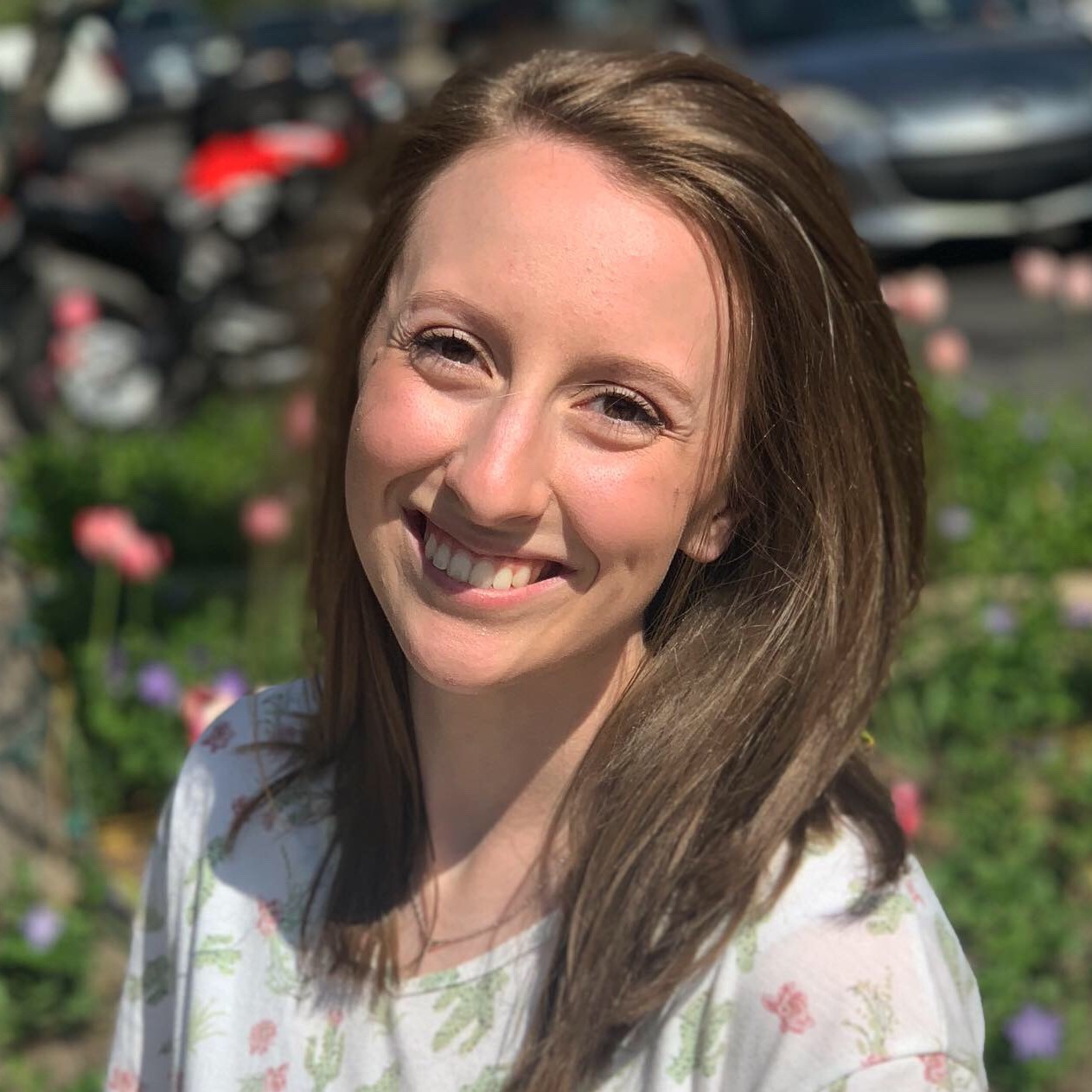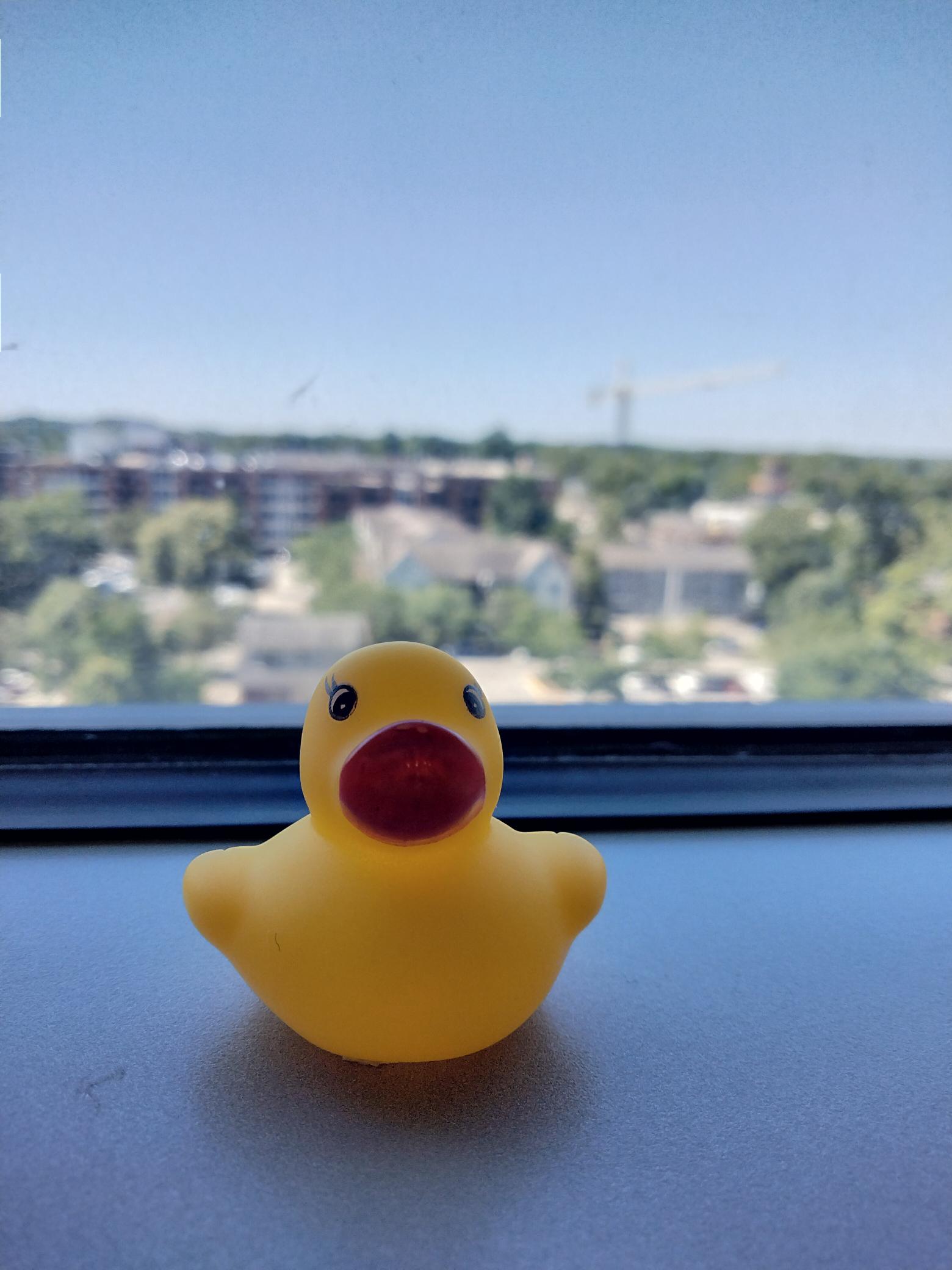Lab Team & Mission
—Alexandre Dumas, The Count of Monte Cristo
Lab Mission
For example, the top genes implicated in Alzheimer's disease encode an average of ~12 isoforms. To truly understand human health and disease, we need to understand the function of these individual isoforms.
We also aim to train and help aspiring scientists accomplish their life & career goals. We’re looking for individuals (technicians, students, postdocs) who are genuinely excited and motivated by the prospect of improving human health and disease.
Approaches
Equally important, however, is that we are determined to collaborate with molecular biologists to truly understand the disease from DNA through molecular pathways. We can only succeed if we work openly with other labs to make the most meaningful difference possible.
Specific long-term aims

Help develop a meaningful disease treatment.
The idea is simple: we need treatments that will stop or prevent neurodegenerative diseases like ALS, FTD, and Alzheimer’s disease. Developing these treatments has clearly proven challenging. This is largely because we’re not trying to kill an infection like bacteria or virus, or to kill diseased cells like cancers; we’re trying to keep cells happy and healthy—that’s an entirely different story and a big challenge. We want to make our contribution to developing meaningful disease treatments for ALS, FTD, and Alzheimer’s disease by first identifying precise mechanisms driving disease that will make it possible to know how to treat it. These mechanisms are still largely unknown or poorly understood.

Help develop pre-symptomatic disease diagnostics.
We hear a lot about how badly we need a meaningful treatment for neurodegenerative diseases like Alzheimer’s disease and ALS. It’s true. We absolutely do. What I don’t hear researchers talk about is how important a pre-symptomatic disease diagnostic is for neurodegenerative diseases. A diagnostic test is critical to treating many diseases. Generally speaking, the sooner you can properly identify a disease, to better outcome the patient will have (if there’s a meaningful treatment). For many diseases, the amazing body will heal itself once the threat is removed (e.g., infection or cancers). You cannot heal from a neurodegenerative disease, however; once symptoms have onset, it’s too late. We need pre-symptomatic disease diagnostics to detect neurodegenerative diseases (e.g., Alzheimer’s disease) before symptoms onset.

Help understand how environmental factors affect disease.
Nature or nurture? Genetics or environment? However you phrase it, the question has been around a long time. What is actually causing disease? The truth is that it’s probably both for complex diseases like ALS, FTD, and Alzheimer’s diseases. There are many possible environment factors that could affect a disease’s onset, severity, or duration, including diet, exercise, trauma, chemical exposures, etc. For example, why is there higher incidence of ALS among military veterans? We cannot fully understand disease if we don’t understand how the environment is involved.
Lab Team
Lab Leadership
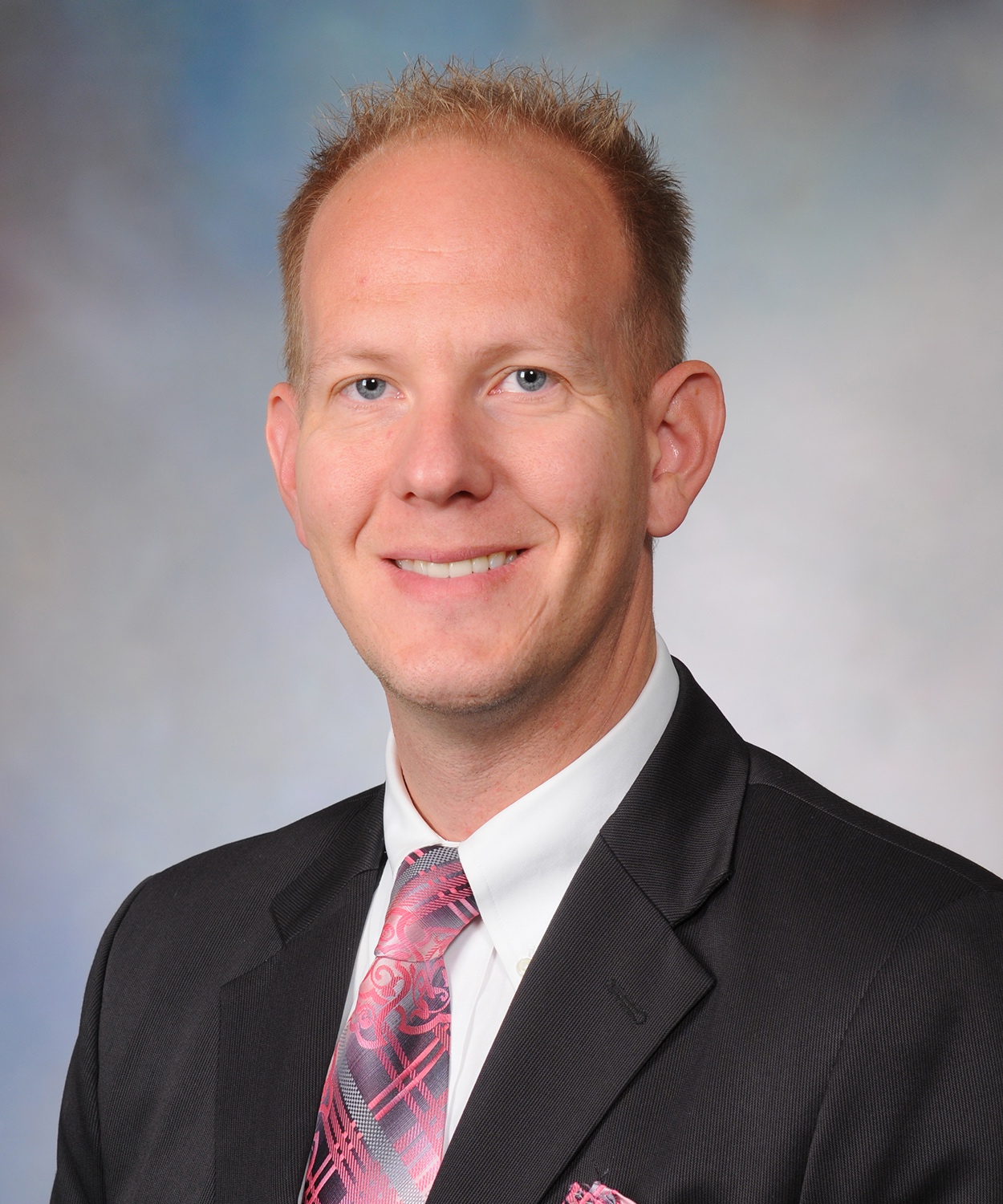
Mark T. W. Ebbert, Ph.D.
Principal Investigator (PI)
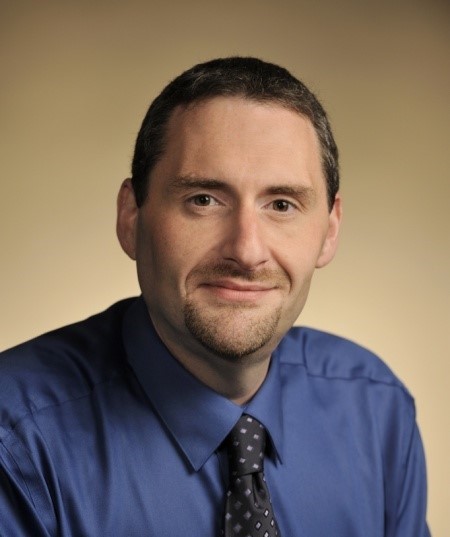
Ja Brandon, Ph.D
Scientist IV
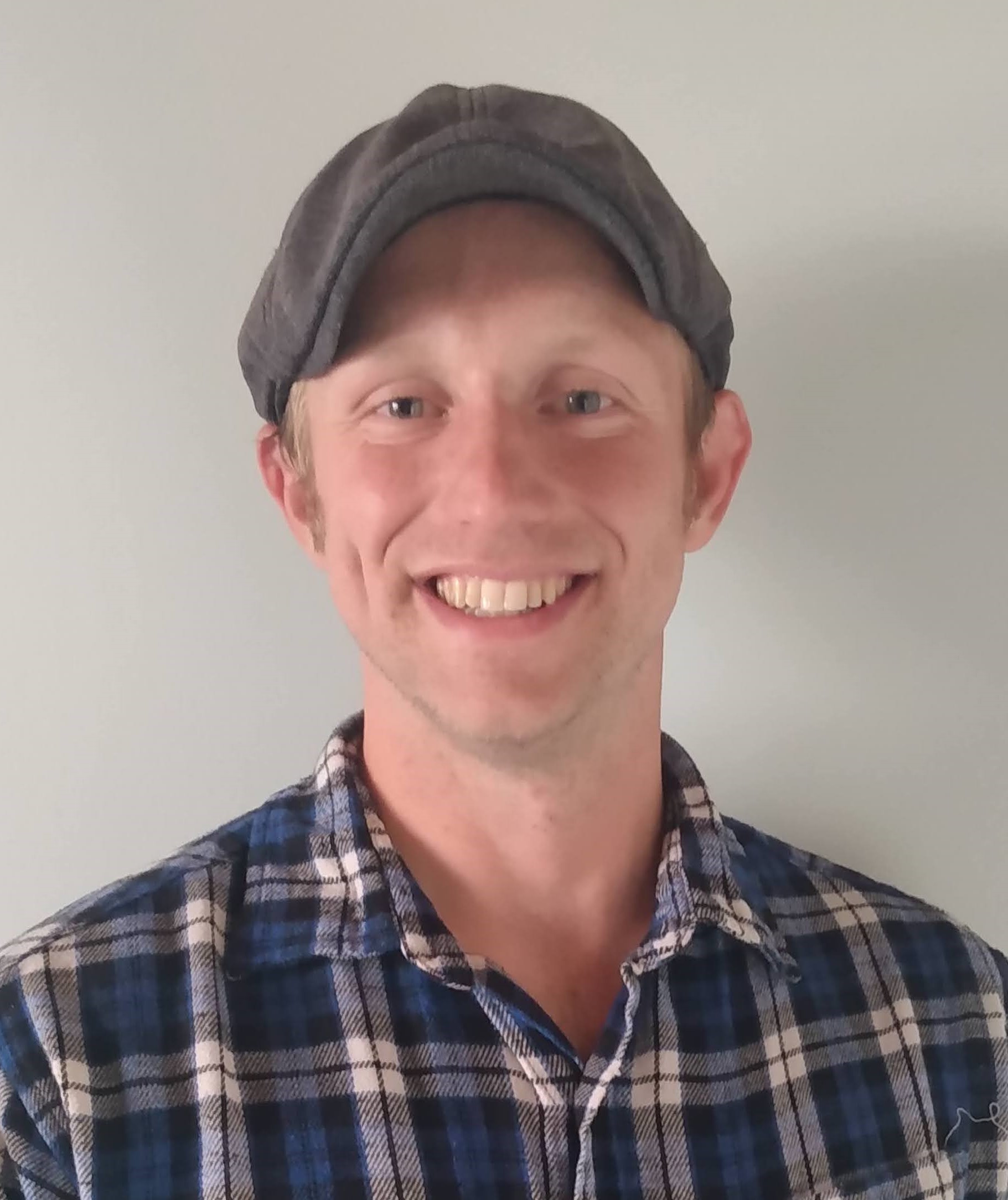
Mark E. Wadsworth, M.S.
Bioinformatics Analyst Sr.

Madeline (Maddy) Page
Bioinformatics Analyst
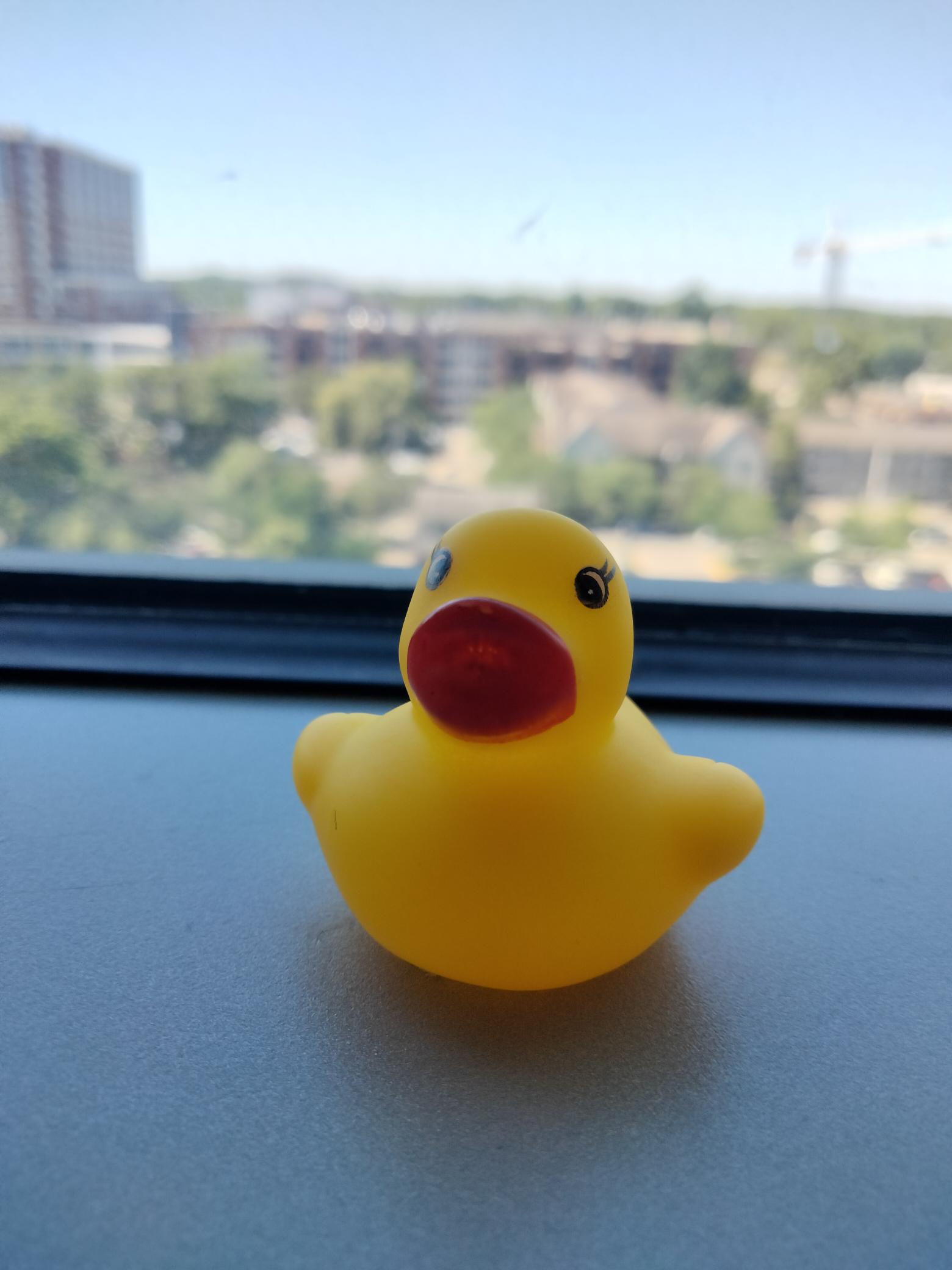
Duck
CDO (Chief Disciplinary Officer)

Duke
CMO (Chief Mischief Officer)
Graduate Students & Post Docs
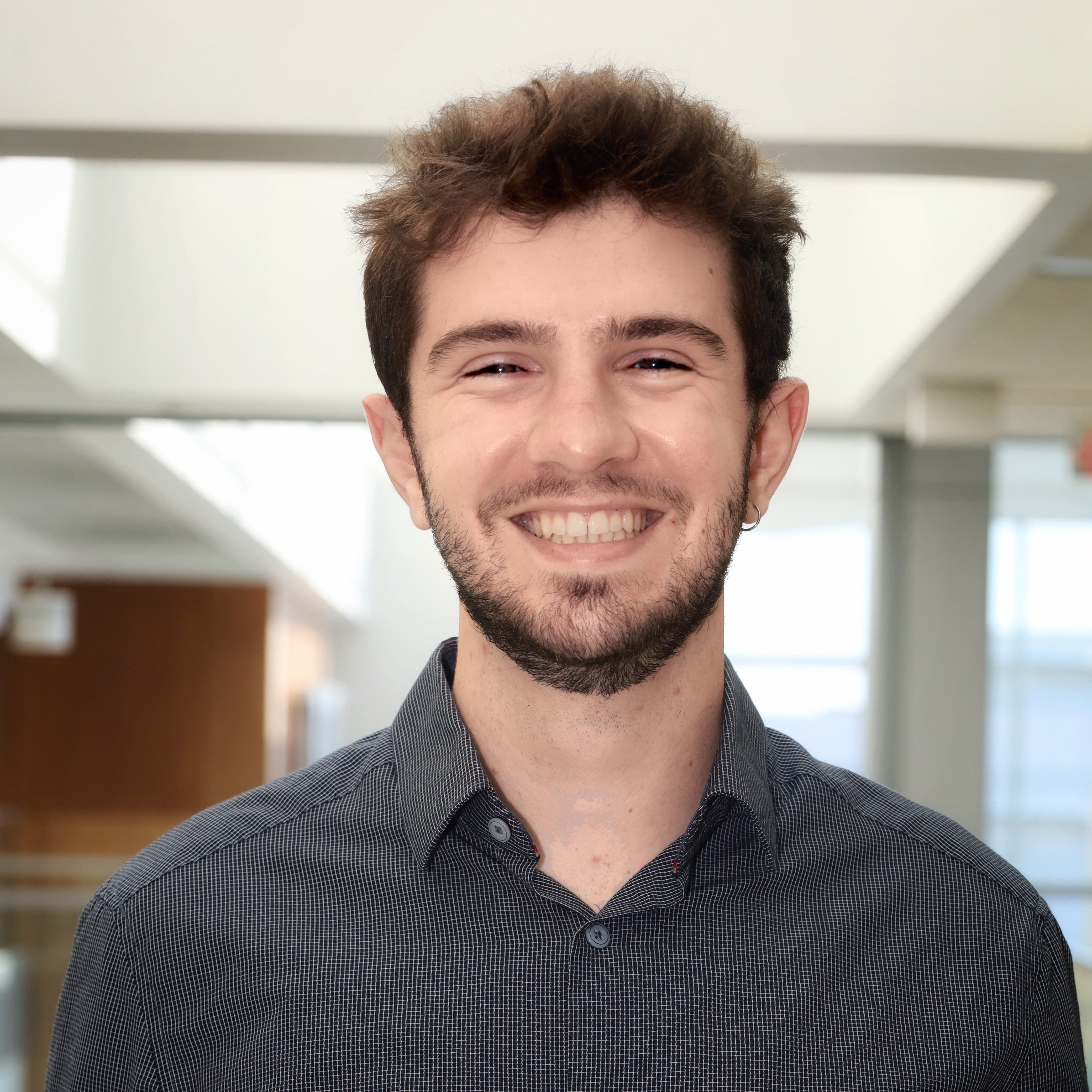
Bernardo Aguzzoli-Heberle
Ph.D. Candidate

Patty Doyle
Ph.D. Candidate
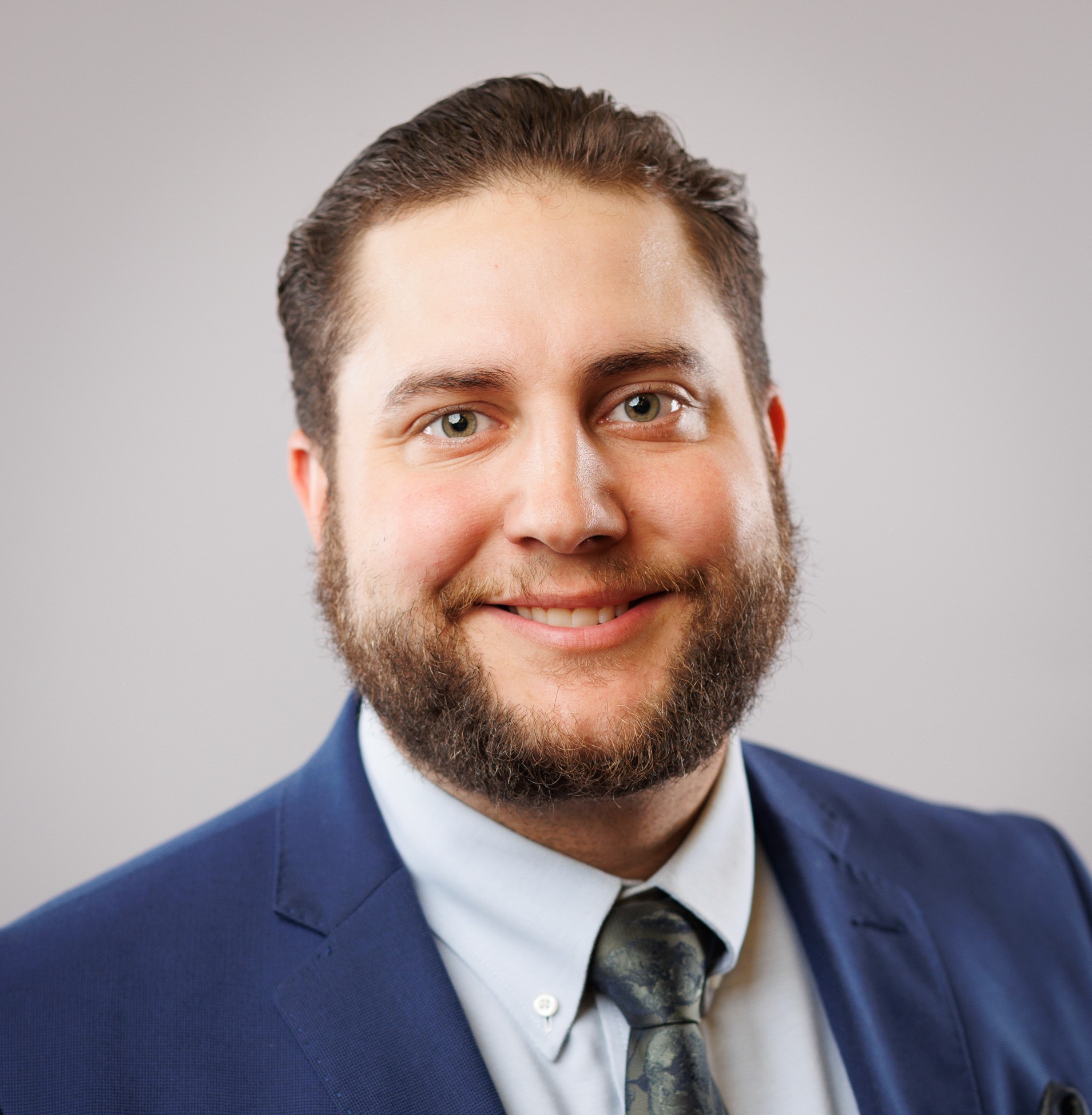
Grant Fox
Ph.D. Candidate

Kristin Fox
Masters Student
Staff

Lacey Gordon
Lab Technician
Alumni
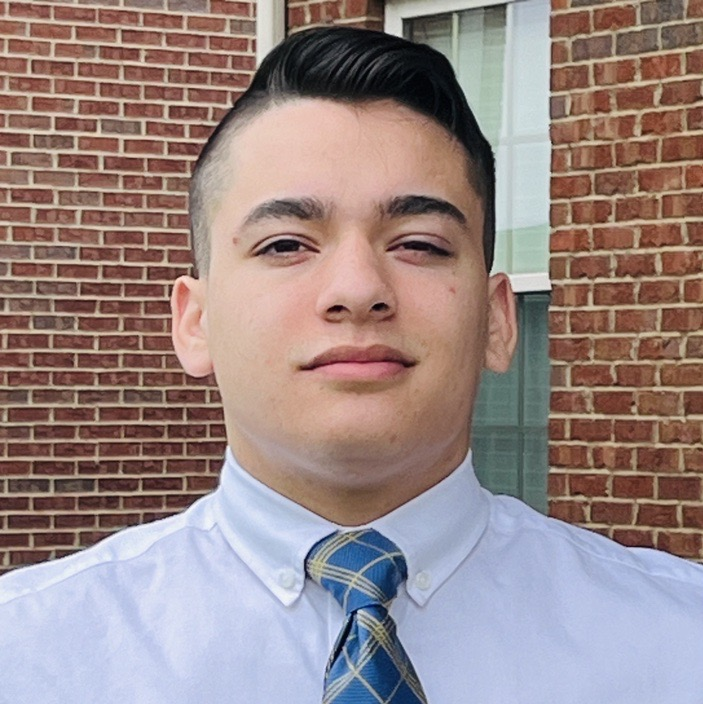
Nathan White
Undergrad

Brendan White
Undergrad
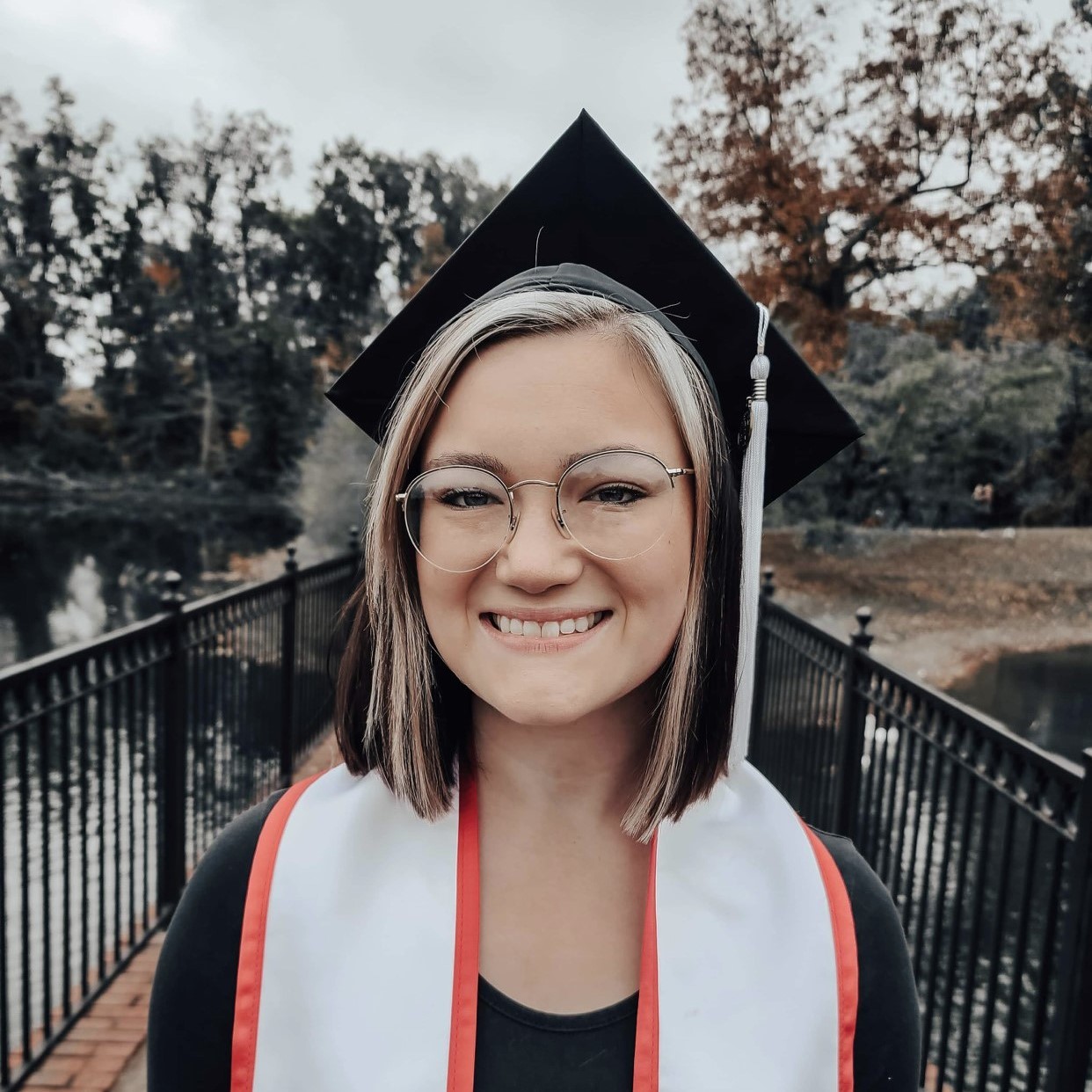
Kayla Nations
Technician
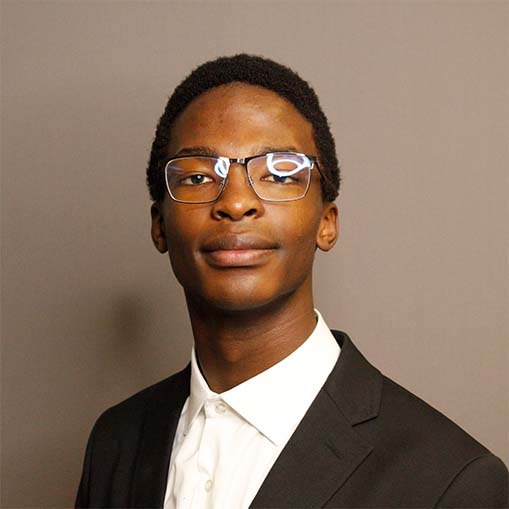
Ketsile Dikobe
Undergrad
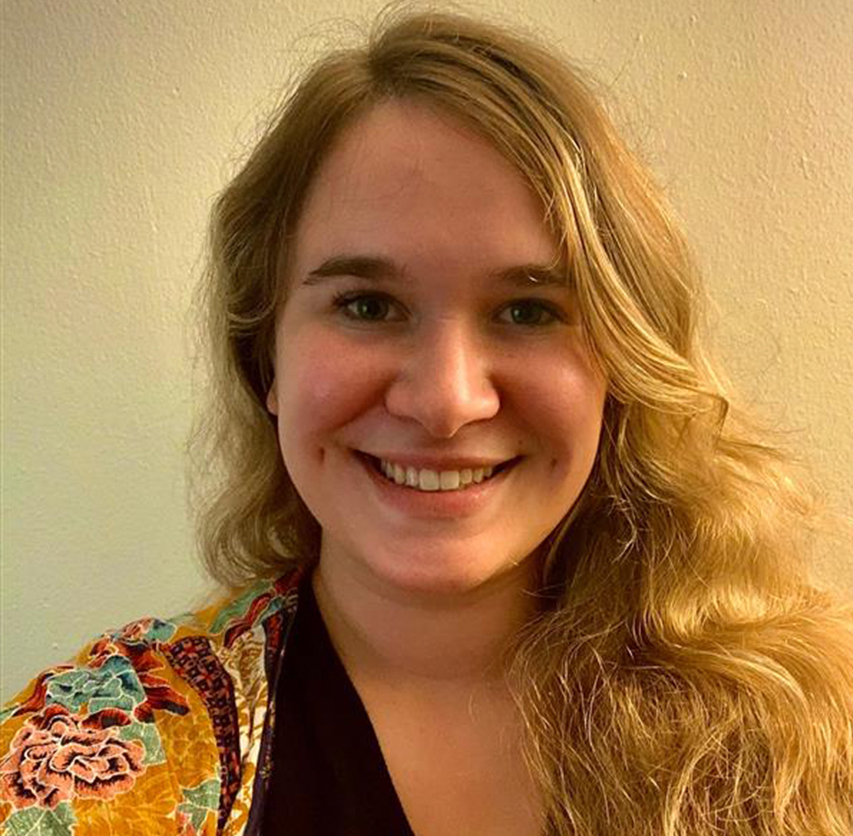
Sabrina Krause
Masters Student

Erik Huckvale
Bioinformatics Technician

Elizabeth (Liz) Vance
BIOINFORMATICS TECHNICIAN

Matt Hodgman
BIOINFORMATICS TECHNICIAN
